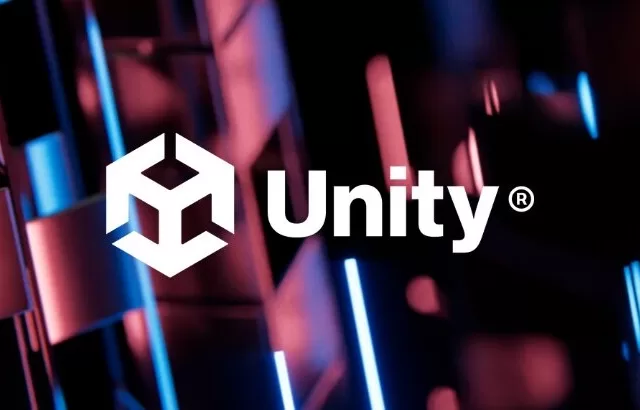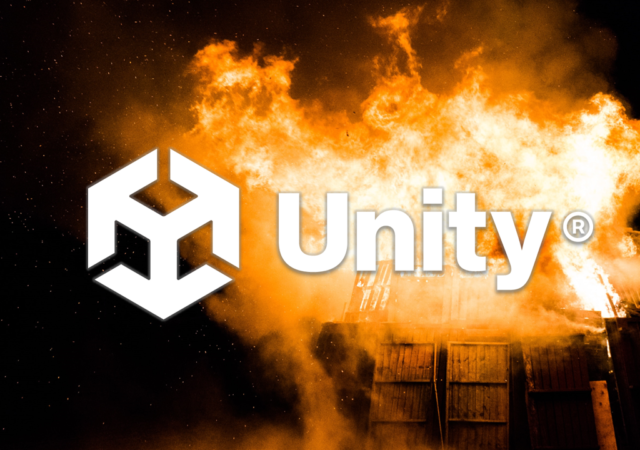Unity Software Inc., a big player in video game engine software, has hit the reset button and is laying off 25% of their workforce (1,800 jobs). This news comes as part of the new interim CEO Jim Whitehurst, former CEO…
Unity Offices Close Amidst ‘Credible Threats’ After Pricing Change
Unity Technologies has been forced to close two of its offices in Austin, Texas and San Francisco amid safety concerns arising from ‘credible threats’.
Unity’s Controversial Per-Install Pricing Model Angers Game Developers
Unity technologies, the company behind the Unity Game Development engine, announced a new pricing model that has developers up in arms.





